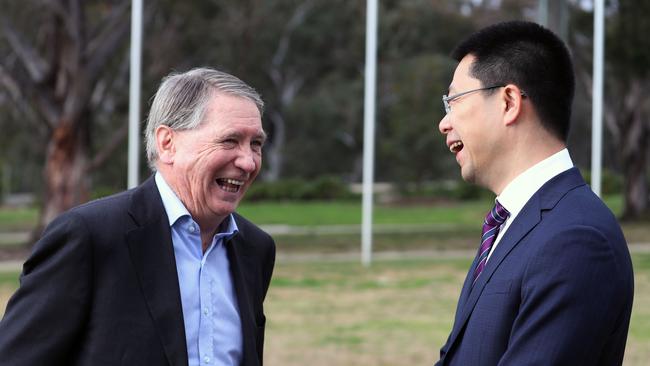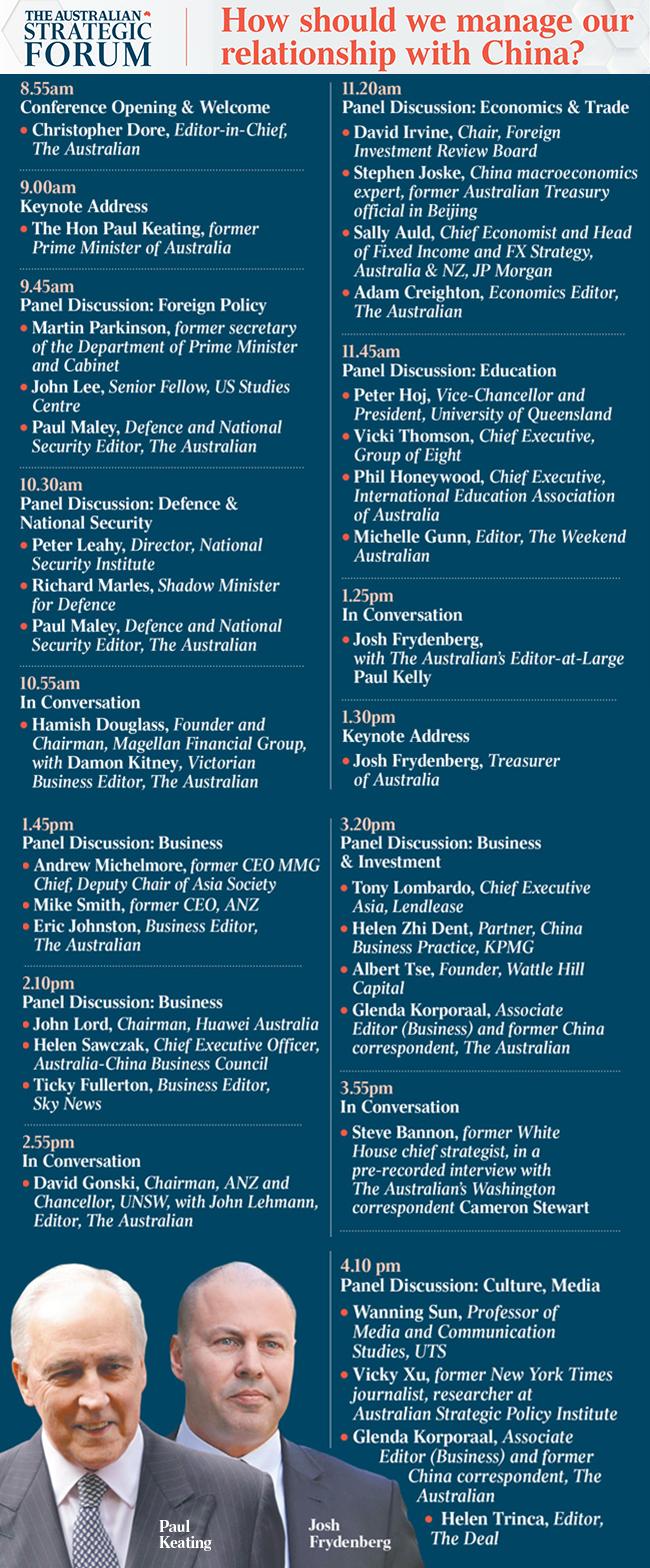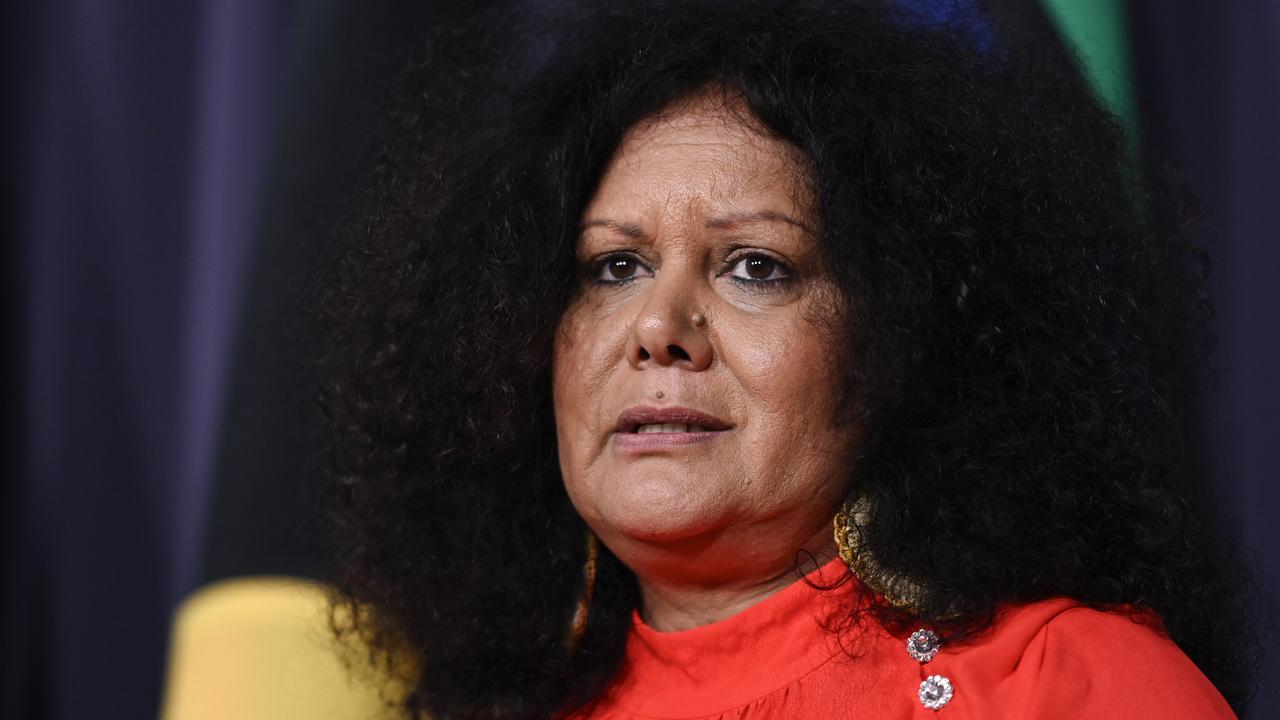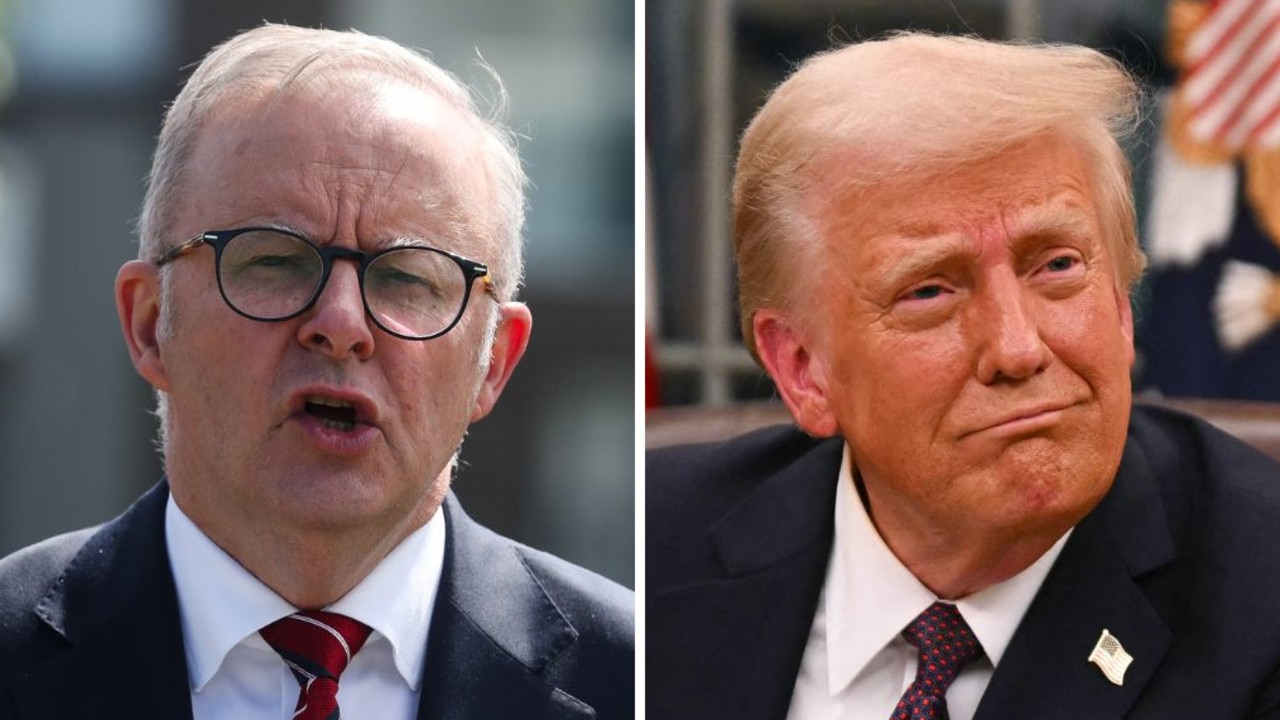Former ASIO boss Dennis Richardson calls for ‘new balance’ with Beijing
A new balance and calm is needed in the debate about China, an elder statesman of Australia’s national security community says.

A new balance, and a new calm, is needed in the debate about China, according to the elder statesman of Australia’s national security community.
Labelling the debate sometimes “hysterical”, Dennis Richardson said the security, commercial and human sides of the China relationship needed to be considered.
“The job of government is to bring it together in a coherent whole,” he told The Australian in an exclusive interview.
READ MORE: Australia puts China in cold on human rights | We benefit from awakened China, writes Josh Frydenberg | Outspoken MPs banned from visiting China | The Great China Conundrum
The former head of the Defence and Foreign Affairs departments, ASIO and chief of staff to a prime minister will participate in The Strategic Forum, The Australian’s national security conference focused on the China relationship on Monday.
As well as calling for a more integrated Australian debate, Mr Richardson is sharply critical of the government in Beijing. He regrets Beijing’s decision to ban Coalition backbenchers Andrew Hastie and James Paterson, who were scheduled to visit the country with the China Matters group.
“It highlights the propensity of authoritarian governments to be a bit thin-skinned about criticism,” he said. “Andrew Hastie (chairman of parliament’s intelligence committee), whether you agree with him or not, is a thoughtful person and the Chinese would have found him someone prepared to listen and to learn.”
While Mr Richardson is critical of elements of the Australian-China debate, he places the predominant blame for the difficulties in the relationship at Beijing’s door. “At the base of it is China’s own actions,” he said. “We would not be having this debate if it wasn’t for China’s actions both in Australia and overseas. In part, it is their tendency to hack into everything that moves in Australia.”
-
Strategic Forum agenda

-
Mr Richardson believes Australia should conduct freedom-of-navigation exercises within 12 nautical miles of artificial islands that Beijing has created in the South China Sea. The US is the only nation to routinely conduct such exercises. Australia sails close to the 12-nautical mile limit but has not breached it.
He says artificially built islands cannot generate territorial rights and therefore Australia would be operating within international law to undertake such exercises.
The Coalition has so far not undertaken such exercises, although it has not announced a decision one way or the other.
“I suspect we haven’t done it out of concern for what the reaction from Beijing might be,” Mr Richardson said. “But there are ways you can do it that get round that. Don’t announce it in advance, maybe put it out to the media months later, don’t beat your breast about it.
“If it’s done without fanfare, in the right way, at the end of the day there’s bugger-all the Chinese can do about it.”
Mr Richardson said the Chinese had militarised the South China Sea despite promising not to, without experiencing effective international opposition.
He said freedom-of-navigation exercises were something “governments worldwide should do”.
Notwithstanding his support for freedom-of-navigation exercises, Mr Richardson stressed that it would be a mistake for Australia to view its relationship with China in a primarily adversarial or strategically competitive fashion.
Although he thinks the Morrison government has overall handled the China relationship well, he is critical of the Prime Minister campaigning publicly against China’s status as a developing nation within the World Trade Organisation. “We have a free-trade agreement with China, so if China’s developing nation status in the WTO changed, we wouldn’t sell one more thing to China.
“China’s developing status in the WTO doesn’t cost us anything so I don’t see why you would gratuitously open up an argument with China on this. There’s nothing for us to gain.”
He warned that Australia should not follow every twist and turn of US policy towards China.
And he observed that both sides of American politics had been keen to seek damaging information about their rivals from foreign sources and this reduced their credibility in complaining about foreign political interference.




To join the conversation, please log in. Don't have an account? Register
Join the conversation, you are commenting as Logout